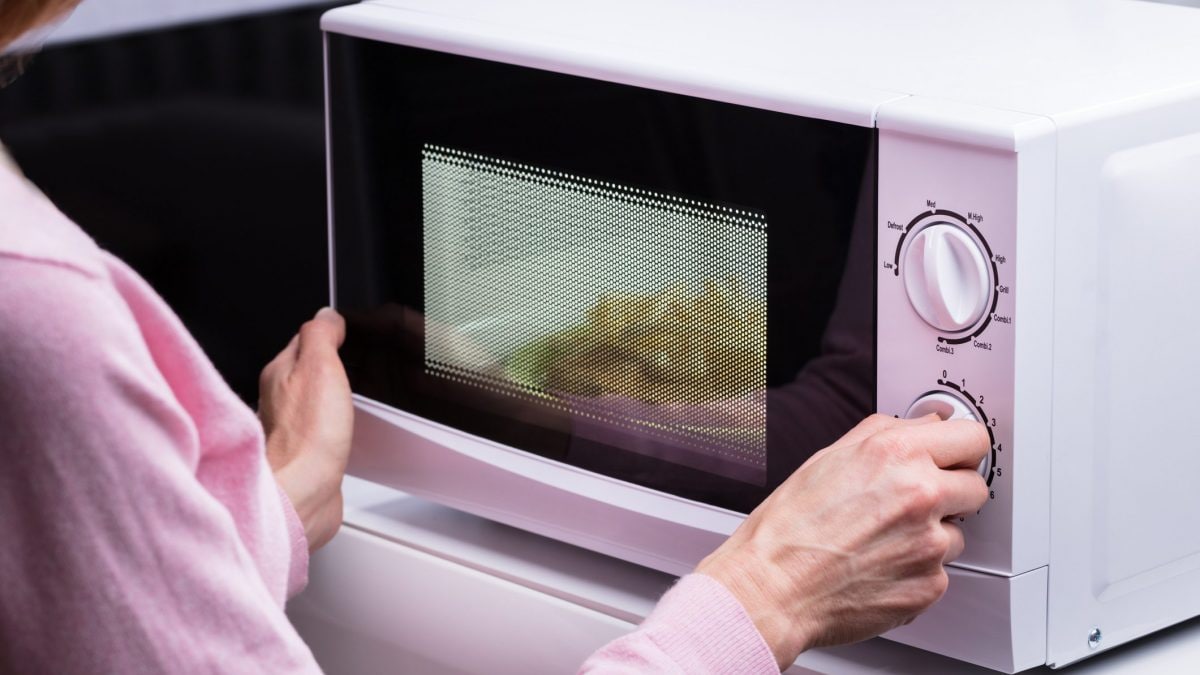
The microwave is an invention that’s saved cooks so much time over the years, but there are some foods that really shouldn’t be reheated in a microwave – they can lose any health benefits, and even cause food poisoning.
1. Celery

If you like celery soup, have it while it’s fresh. When celery is microwaved, it produces toxic nitrates and cancer-causing nitrosamines during reheating.
Cook some celery cream soup instead, as it tastes great even when cold.
2. Eggs

Scrambled eggs or omelette reheated in a microwave would taste pretty darn awful anyway, but after reheating, eggs become toxic.
3. Spinach

Spinach is a great food for health, but like celery, it contains nitrates that become nitrites and nitrosamines after reheating.
Try adding your spinach to smoothies, sandwiches, or salads instead.
4. Mushrooms

Mushrooms contain good amounts of protein, vitamins, and amino acids, but they are not tolerated well by the stomach most of the time. If you reheat mushrooms, the protein composition changes and this can cause bloating and stomach pains.
If you really want to keep a mushroom dish, refrigerate it, and eat it the next day after reheating to no more than 158F/70C. The best use for leftover mushrooms is adding to a pasta sauce or a salad.
5. Potatoes

You’re probably surprised at this entry on the list! Reheated potatoes don’t taste good at all, and the texture isn’t that great either. They can even cause botulism if they’re stored in foil at room temperature.
If you have leftover boiled potatoes, add them to a salad.
6. Chicken

Reheating chicken in the microwave can cause the protein composition to change, which may lead to digestion issues.
Add leftover cooked chicken to a salad or sandwich.
7. Beets

Beetroot keeps all its health benefits even when made into a soup, but reheating it isn’t recommended as it also contains harmful nitrates.
8. Rice

Rice is rich in nutrients and forms part of the staple diet for many, but it can also contain spores of bacteria that can survive even after it has been cooked. If rice is left at room temperature after preparing, bacteria will multiply, and this can cause food poisoning.
Reheating rice won’t kill the bacteria, so it’s better to eat rice as soon as it’s cooked, or refrigerate it within an hour after cooking and eat it the next day.
;Resize,width=767;)
